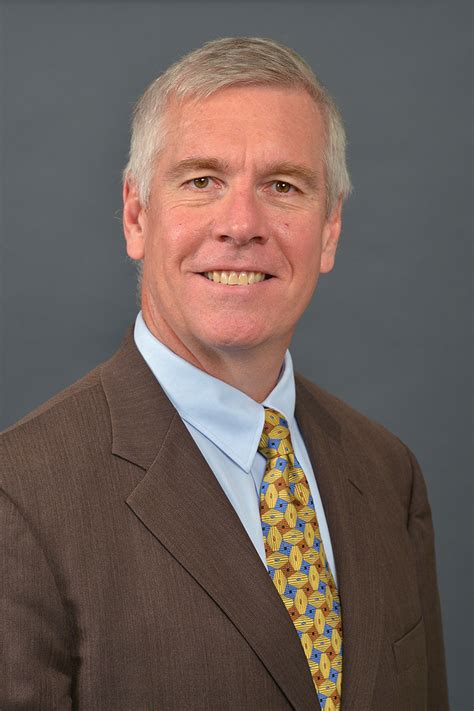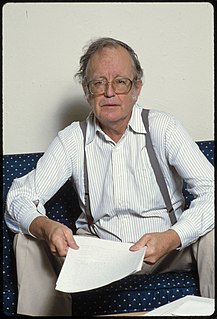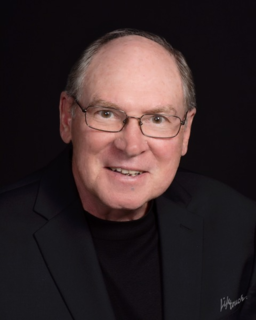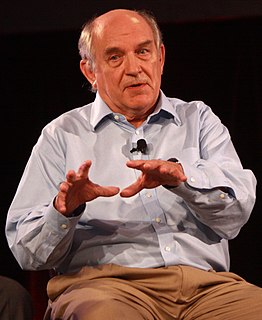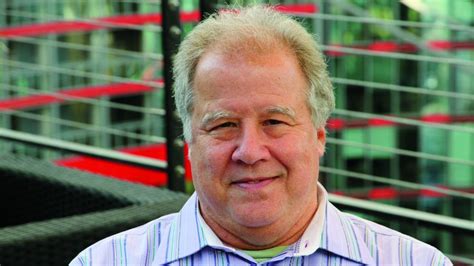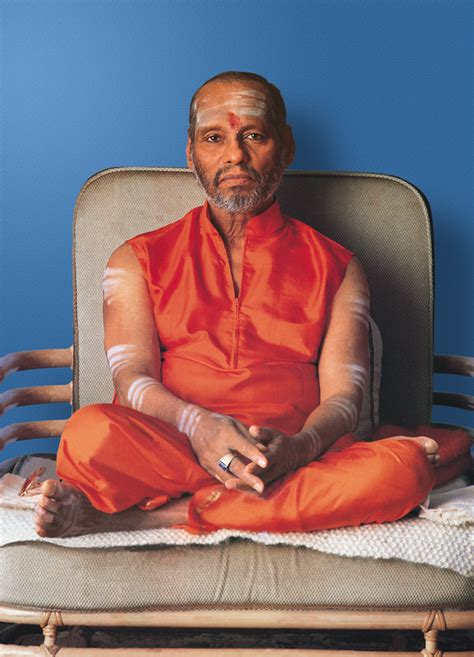Top 1200 Self Criticism Quotes & Sayings - Page 9
Explore popular Self Criticism quotes.
Last updated on December 19, 2024.
I can hardly find the words to describe the peace I felt when I was acting. My dysfunctional self could actually plug in to another self, not my own, and it felt so good. It was the first time that I existed inside a fully-functioning self - one that I controlled, that I steered, that I gave life to.
As there must be moderation in other things, so there must be moderation in self-criticism. Perpetual contemplation of our own actions produces a morbid consciousness, quite unlike that normal consciousness accompanying right actions spontaneously done; and from a state of unstable equilibrium long maintained by effort, there is apt to be a fall towards stable equilibrium, in which the primitive nature reasserts itself. Retrogression rather than progression may hence result.
Buddha has said to his disciples: Whenever you meditate, after each meditation, surrender all that you have earned out of meditation, surrender it to the universe. If you are blissful, pour it back into the universe - don't carry it as a treasure. If you are feeling very happy, share it immediately - don't become attached to it, otherwise your meditation itself will become a new process of the self. And the ultimate meditation is not a process of self. The ultimate meditation is a process of getting more and more into un-self, into non-self - it is a disappearance of the self.
Selfish is an exploitation of others for self; selfless is an exploitation of self for others. Both are extrinsic. ..... Selfness. When selfness prevails, the qualities of others are sometimes used for self and the qualities of self are often extended to others. The basic and key difference is that exploitation is never the object of the outcome.
It is a fallacy to think that carping is the strongest form of criticism: the important work begins after the artist's mistakes have been pointed out, and the reviewer can't put it off indefinitely with sneers, although some neophytes might be tempted to try: "When in doubt, stick out your tongue" is a safe rule that never cost one any readers. But there's nothing strong about it, and it has nothing to do with the real business of criticism, which is to do justice to the best work of one's time, so that nothing gets lost.
The basis of the self is not thought but suffering, which is the most fundamental of all feelings. While it suffers, not even a cat can doubt its unique and uninterchangeable self. In intense suffering the world disappears and each of us is alone with his self. Suffering is the university of ego-centrism.
To study the buddha way is to study the self. To study the self is to forget the self. To forget the self is to be actualized by myriad things. When actualized by myriad things, your body and mind as well as the bodies and minds of others drop away. No trace of realization remains, and this no trace continues endlessly.
Criticism is hard for me but people find hard to believe because they think I'm very tough, very strident, that I tell everybody where to get off, and how. But I've actually got a really thin skin. I don't know. It's quite pathetic. So, yeah, it's hard for me to take criticism. But I also kind of have this sense of humor on overdrive, so I don't take any of it seriously. So that sort of saves me, the fact that I think it's just all kind of funny.
Understanding of the self only arises in relationship, in watching yourself in relationship to people, ideas, and things; to trees, the earth, and the world around you and within you. Relationship is the mirror in which the self is revealed. Without self-knowledge there is no basis for right thought and action.
When...did it become irrational to dislike religion, any religion, even to dislike it vehemently? When did reason get redescribed as unreason? When were the fairy stories of the superstitious placed above criticism, beyond satire? A religion was not a race. It was an idea, and ideas stood (or fell) because they were strong enough (or too weak) to withstand criticism, not because they were shielded from it. Strong ideas welcomed dissent.
My literary criticism has become less specifically academic. I was really writing literary history in The New Poetic, but my general practice of writing literary criticism is pretty much what it always has been. And there has always been a strong connection between being a writer - I feel as though I know what it feels like inside and I can say I've experienced similar problems and solutions from the inside. And I think that's a great advantage as a critic, because you know what the writer is feeling.
The abolition of religion as the illusory happiness of the people is the demand for their real happiness. To call on them to give up their illusions about their condition is to call on them to give up a condition that requires illusions. The criticism of religion is, therefore, in embryo, the criticism of that vale of tears of which religion is the halo.
While criticism or fear of punishment may restrain us from doing wrong, it does not make us wish to do right. Disregarding this simple fact is the great error into which parents and educators fall when they rely on these negative means of correction. The only effective discipline is self-discipline, motivated by the inner desire to act meritoriously in order to do well in one's own eyes, according to one's own values, so that one may feel good about oneself may "have a good conscience.
I got into television criticism because I thought it would be easier than film criticism. Film, you had to know 100 years of history, and TV you only had to know 40 when I started. And I thought, "Well, that's going to be so much easier." But film stayed pretty much the same. And television has changed so many times that my head hurts. So I made the wrong call there.
No value is higher than self-esteem, but you've invested it in counterfeit securities-and now your morality has caught you in a trap where you are forced to protect your self-esteem by fighting for the creed of self-destruction. The grim joke is on you: that need of self-esteem, which you're unable to explain or to define, belongs to my morality, not yours; it's the objective token of my code, it is my proof within your own soul.
What about self-awareness, the mysterious ability of the brain to reflect upon itself? Self-awareness can be tampered with by brainwashing, psychoactive drugs, electrical stimulation, political or religious propaganda, even advertising. A lifetime in front of a TV set may be the equivalent of a self transplant.
If the denial of death is self-hatred, as it is to deny our freedom and live in fear of death (which is to say, to live in a form of bondage), then the acceptance and affirmation of death is indeed a form of self-love. But I'd want to make a distinction between a form of self-love which is essential to what it means to be human, and a narcissism of self-regard, like Rousseau's distinction between amour de soi and amour propre, self-love and pride.
All I'm arguing for really is that we should have a conversation where the best ideas really thrive, where there's no taboo against criticizing bad ideas, and where everyone who shows up, in order to get their ideas entertained, has to meet some obvious burdens of intellectual rigor and self-criticism and honesty-and when people fail to do that, we are free to stop listening to them. What religion has had up until this moment is a different set of rules that apply only to it, which is you have to respect my religious certainty even though I'm telling you I arrived at it irrationally.
It is that the individual has within him or herself vast resources for self-understanding, for altering the self-concept basic attitudes, and his or her self-directed behavior - and that these resources can be tapped if only a definable climate of facilitative psychological attitudes can be provided
Students may feel the criticism is harsh, but I think it's possible they haven't had criticism before. It's my job to point out when something is badly done, or when there's no point of view. To build a brand you have to have something about you. If not personality, then some thought process. I'm 40, and they're young, so they're meant to be informing me. They should be bringing me a book or something that I haven't seen, not like some obscure chant book by Dominican monks, but an image of the way they see the world.
A self that is only differentiated - not integrated - may attain great individual accomplishments, but risks being mired in self-centered egotism. By the same token, a person who self is based exclusively on integration will be well connected and secure, but lack autonomous individuality. Only when a person invests equal amounts of psychic energy in these two processes and avoids both selfishness and conformity is the self likely to reflect complexity.





